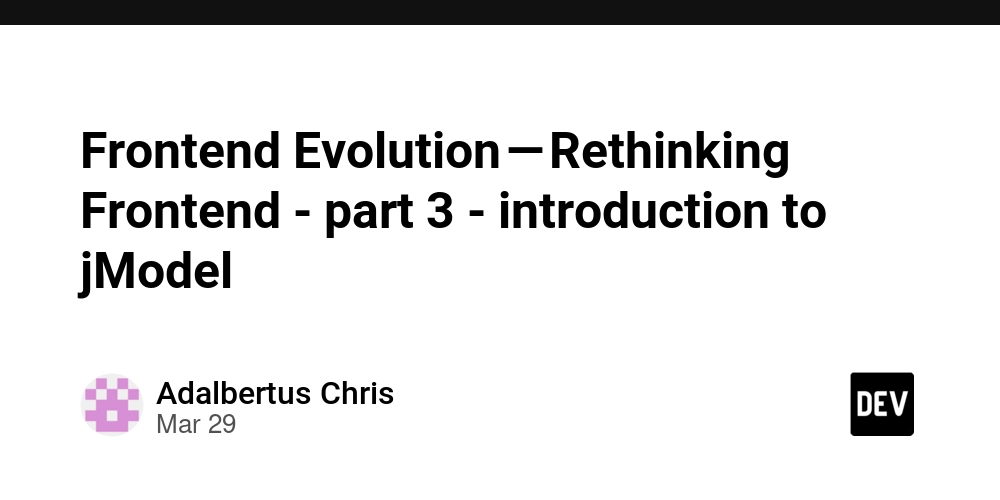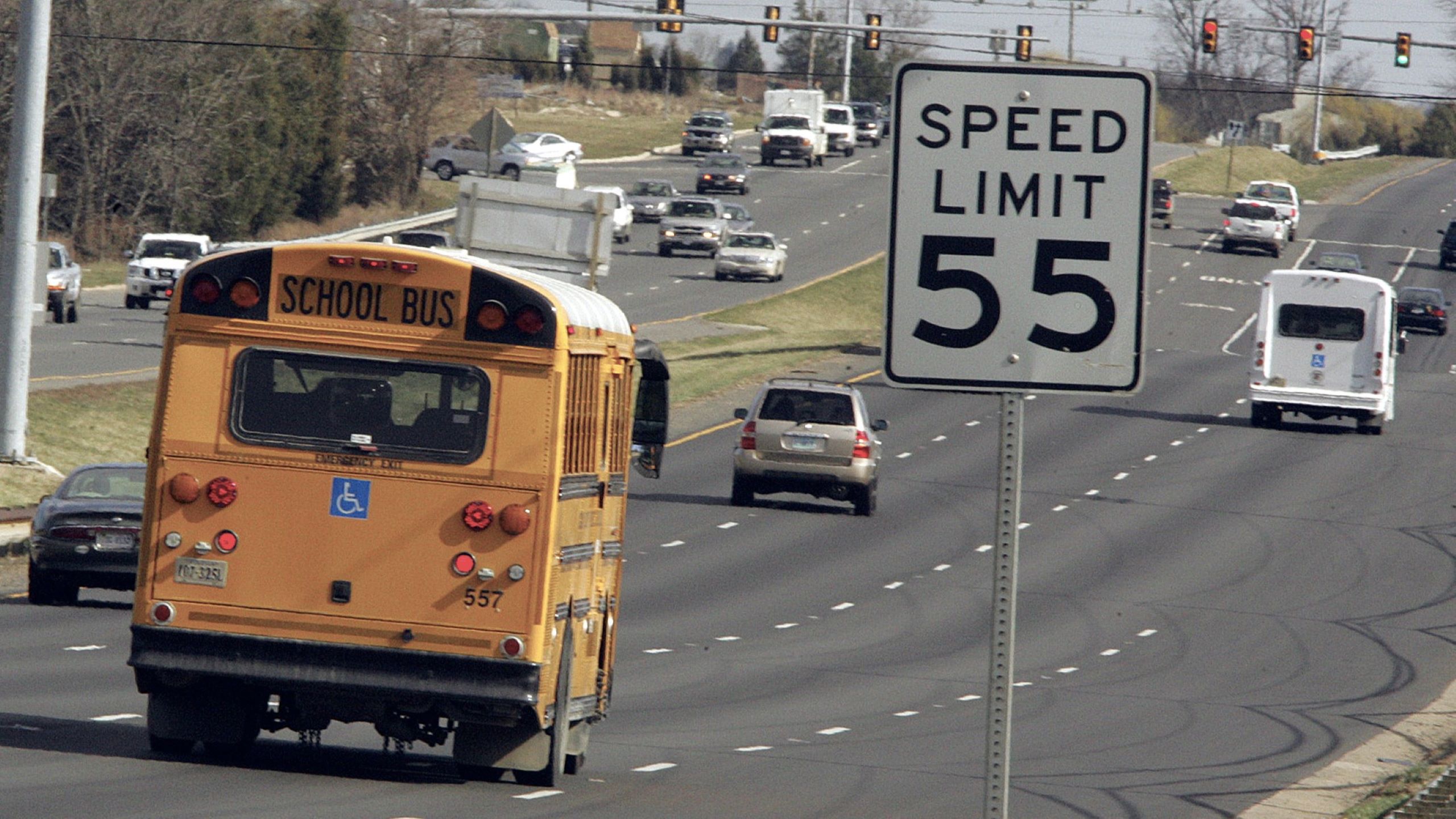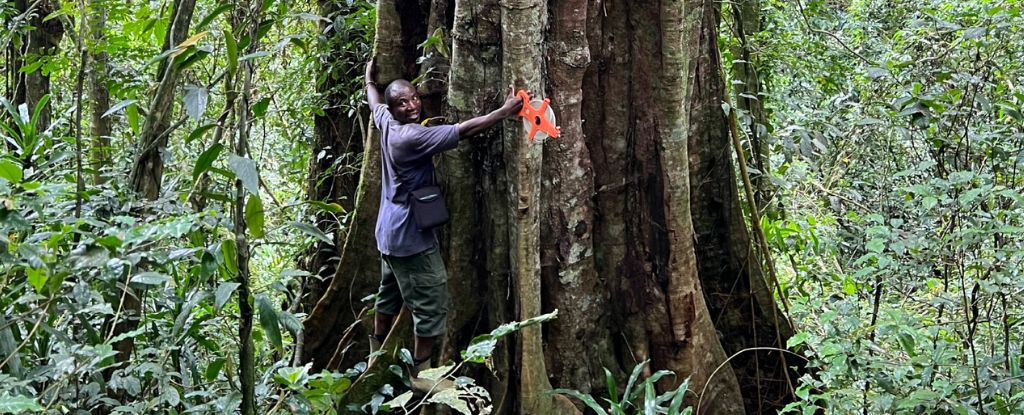When it comes to deportations, why are the media hiding the ball?
How can we debate these arrests if the media bury the justifications behind them?

Few things are so unhelpful as the journalist who buries the lede.
There has been a lot of that lately, especially insofar as the Trump administration's immigration crackdown is concerned.
Take, for example, the case of the Georgetown University researcher arrested in Virginia last week over his alleged ties to terrorism. Badar Khan Suri reportedly spread Hamas propaganda online while having “close connections to a known or suspected terrorist, who is a senior advisor to Hamas,” according to the Department of Homeland Security.
This is pretty serious stuff, which is why the coverage has been so maddening. In most reports, the allegations against Suri are buried so deep as to be next to the dinosaur bones.
“Trump is seeking to deport another academic who is legally in the country, lawsuit says,” reported Politico on March 19. The subhead adds, “Badar Khan Suri, a fellow at Georgetown, says he is being punished because of the suspected views of his wife, a U.S. citizen with Palestinian heritage.”
The Associated Press ran the same story, but with the headline, “Government cannot deport Georgetown scholar until court rules, judge orders.” The subhead adds, “A federal judge has ordered immigration officials not to deport a Georgetown scholar that the government detained until the court has had a chance to rule.”
NBC News published the headline, “Georgetown University graduate student detained by immigration authorities,” with a subhead that reads, “A lawyer for Badar Khan Suri, who was teaching on a student visa, said Thursday that he is grateful for the support he has received since his arrest.”
These are just a few headlines and news blurbs plucked at random, but they represent the overall coverage. We are immediately provided with the who, what, where and even when — but not with the why. That’s an omission so glaring as to be intentional.
It is possible — but unlikely — for a journalist to forget outright one of the five Ws of lede writing. But the entire newsroom? And for the issue to be spread out over multiple organizations? The word “unlikely” is getting a workout this week.
Now, regarding Suri’s arrest, there are some pertinent details you ought to know. First, he is in the U.S. on a temporary visa. He is an Indian national and married to Mapheze Saleh, a Gaza-born U.S. resident. Saleh is the daughter of Ahmed Yousef, who has served as a senior political adviser for Hamas (although he claims he no longer holds this position).
To recap: A guest in the U.S., who is the son-in-law of a (possibly) former Hamas official, has been arrested and detained on allegations that he promotes agitprop for a designated terrorist organization. Whether the charges hold up is one thing, but these are indisputably the federal government’s allegations against Suri.
Yet, were you to read Politico’s original scoop on the matter, you couldn't find DHS’s justification for the arrest until the ninth paragraph, and that’s only after the reader is told the foreign national “has no criminal record” and merely “[opposes] U.S. foreign policy toward Israel,” or so says his lawyer.
The Associated Press does only slightly better, mentioning the Hamas propaganda in the opening paragraph but failing to note Suri’s connection to Hamas leadership. The Associated Press eventually revealed this connection, but only in passing and only to suggest there’s no there there. And maybe there isn't, but when this familial connection represents half of DHS’s argument against Suri, why save that information for the 10th paragraph, and why note it only in passing?
By glossing over this latter detail and focusing solely on the “propaganda” angle, the Associated Press has effectively reframed the story as a free speech issue exclusively, rather than one that also concerns alleged national security issues.
For NBC News, it took 11 paragraphs before readers learned of the allegations against Suri.
The coverage has been every bit as befuddling and exasperating as the initial coverage of the arrest of Mahmoud Khalil, the 30-year-old Columbia student and legal permanent resident whom ICE arrested and detained over his alleged support for Hamas. If you recall the early coverage of his arrest, there was plenty in terms of human interest — everything from details of Khalil’s marriage to his campus activities. But there was precious little about why the federal government detained him.
It took me multiple articles and independent research to understand DHS’s position — not because the federal government lacked an explanation, but because few media outlets bothered to publish it.
There’s a robust and worthwhile debate to be had about these arrests. Some conservatives have expressed discomfort over the legality of such actions. However, it will be impossible to have the discussion if the media continue to hide the ball on the why of these arrests, ignoring or downplaying the behaviors and factors federal authorities cite as legal justification.
We can’t have the debate if we have only partial information.
Becket Adams is a writer in Washington and program director for the National Journalism Center.










![[FR] MapData App (un terrain de jeu full-stack)](https://media2.dev.to/dynamic/image/width%3D1000,height%3D500,fit%3Dcover,gravity%3Dauto,format%3Dauto/https:%2F%2Fdev-to-uploads.s3.amazonaws.com%2Fuploads%2Farticles%2Fc9f5opayaz1gzmouzb4m.png)

































































